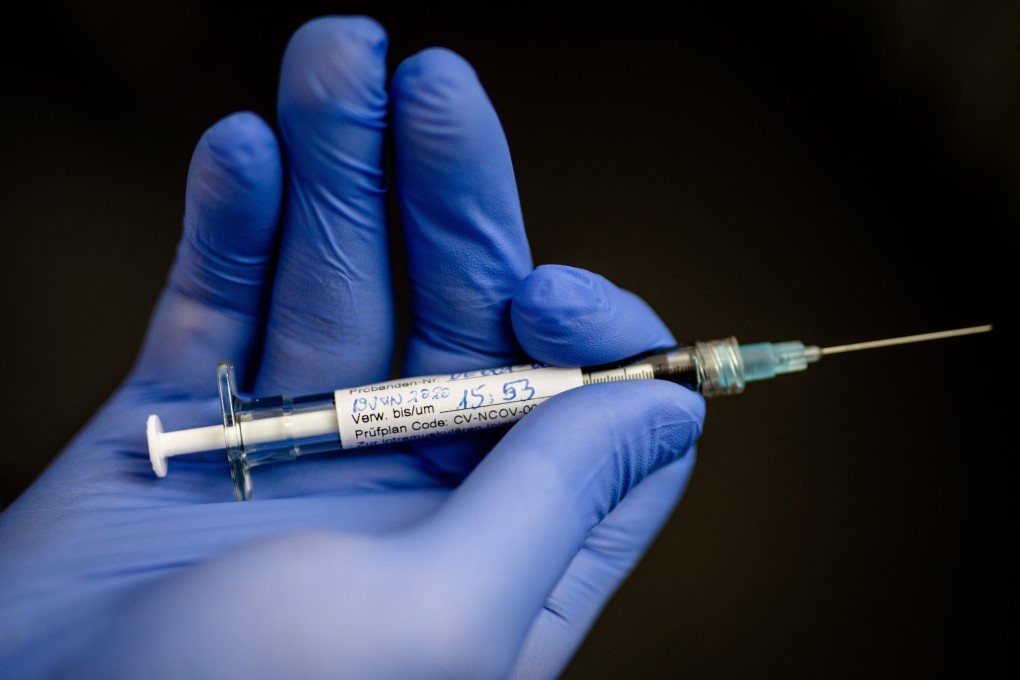‘Anti-vax’ conspiracy theorists seize coronavirus moment to spread fake news
- Anti-vaccine rhetoric is not new, but has gained huge visibility during the pandemic, according to experts
- There is not yet a vaccine proven to combat Covid-19

The vaccine will inject you with an electronic chip, poison you, make you sick, they say.
There is no vaccine yet for treating the novel coronavirus, and scientists are multiplying efforts to find one.
But already anti-vaxxers – a small but vocal group of people who do not believe in vaccinations – have taken advantage of the pandemic to multiply disinformation on social media.
The video “Plandemic”, which claims the Covid-19 crisis was a government set-up, has already been viewed millions of times on YouTube and other streaming platforms. Meanwhile, a list of substances with scary-sounding names – phenoxyethanol, potassium chloride – said to be found in toxic quantities in vaccines (which is not true) has been shared thousands of times on Facebook since the end of April.
The anti-vax rhetoric is not new, but has gained huge visibility during the pandemic, according to experts who spoke with AFP.
The anti-vax movement predates both the internet and the Covid-19 crisis, but social media has created a highly-efficient “echo chamber” for anti-vaxxers, according to Sylvain Delouvee, a researcher in social psychology at the University of Rennes, in France.